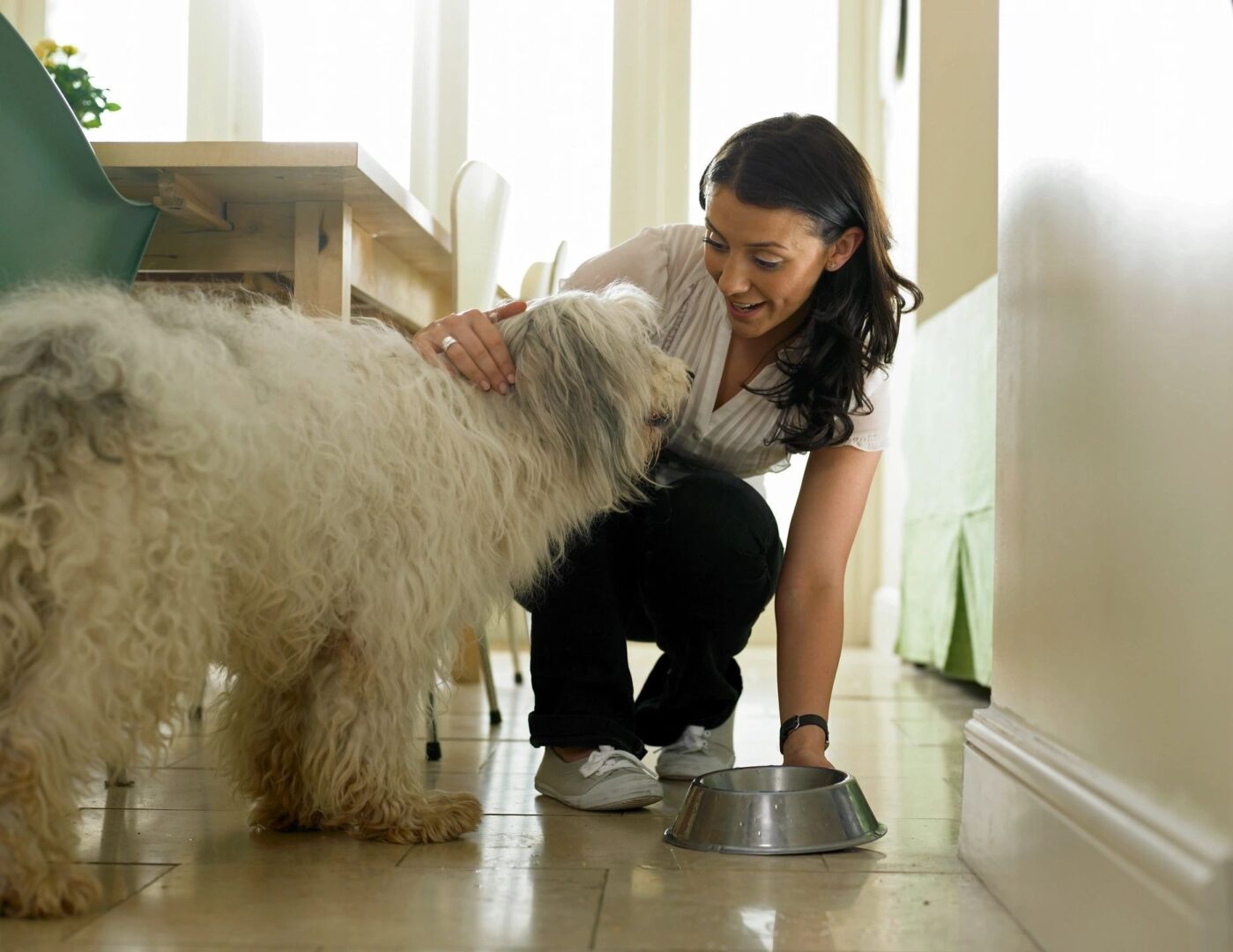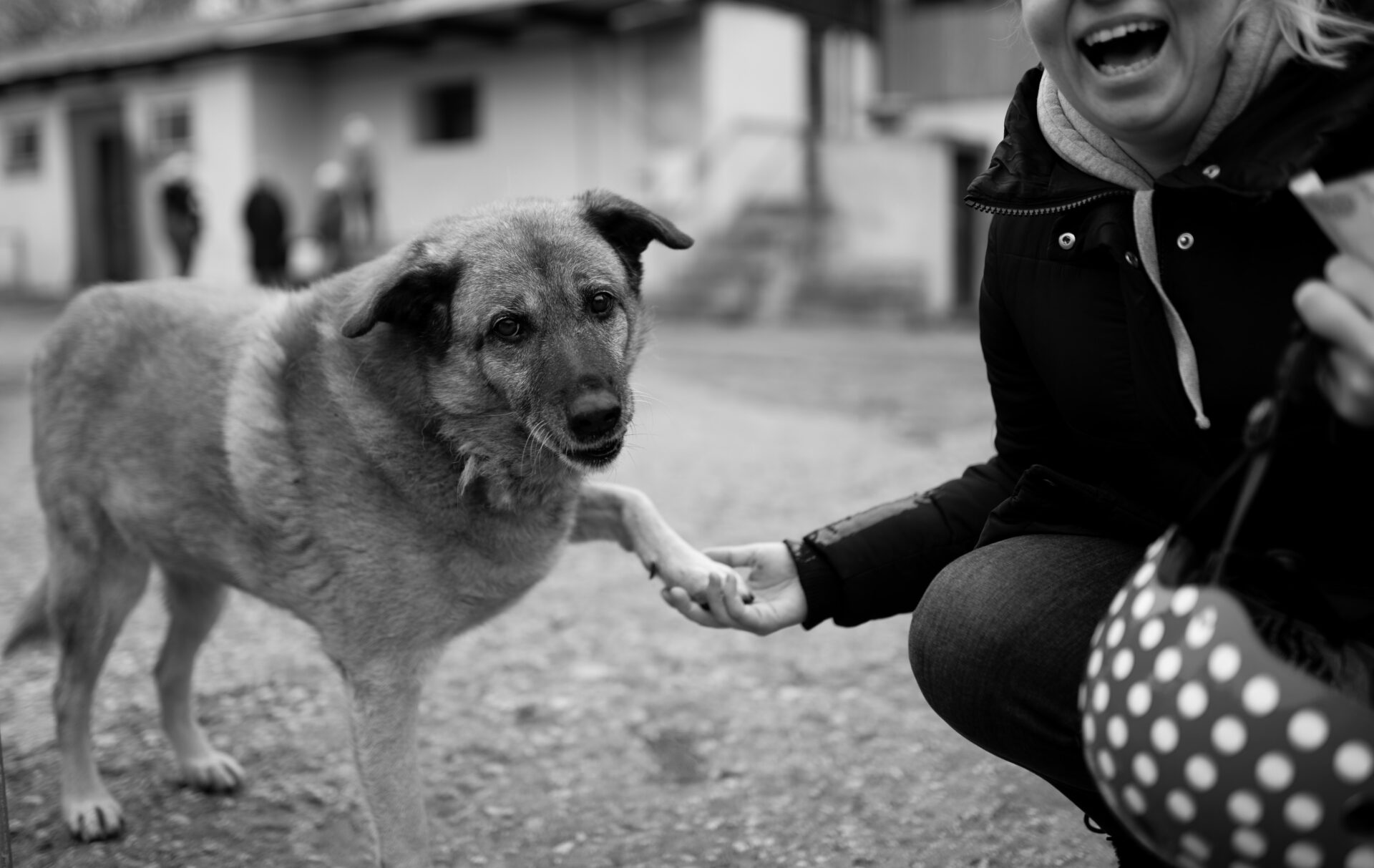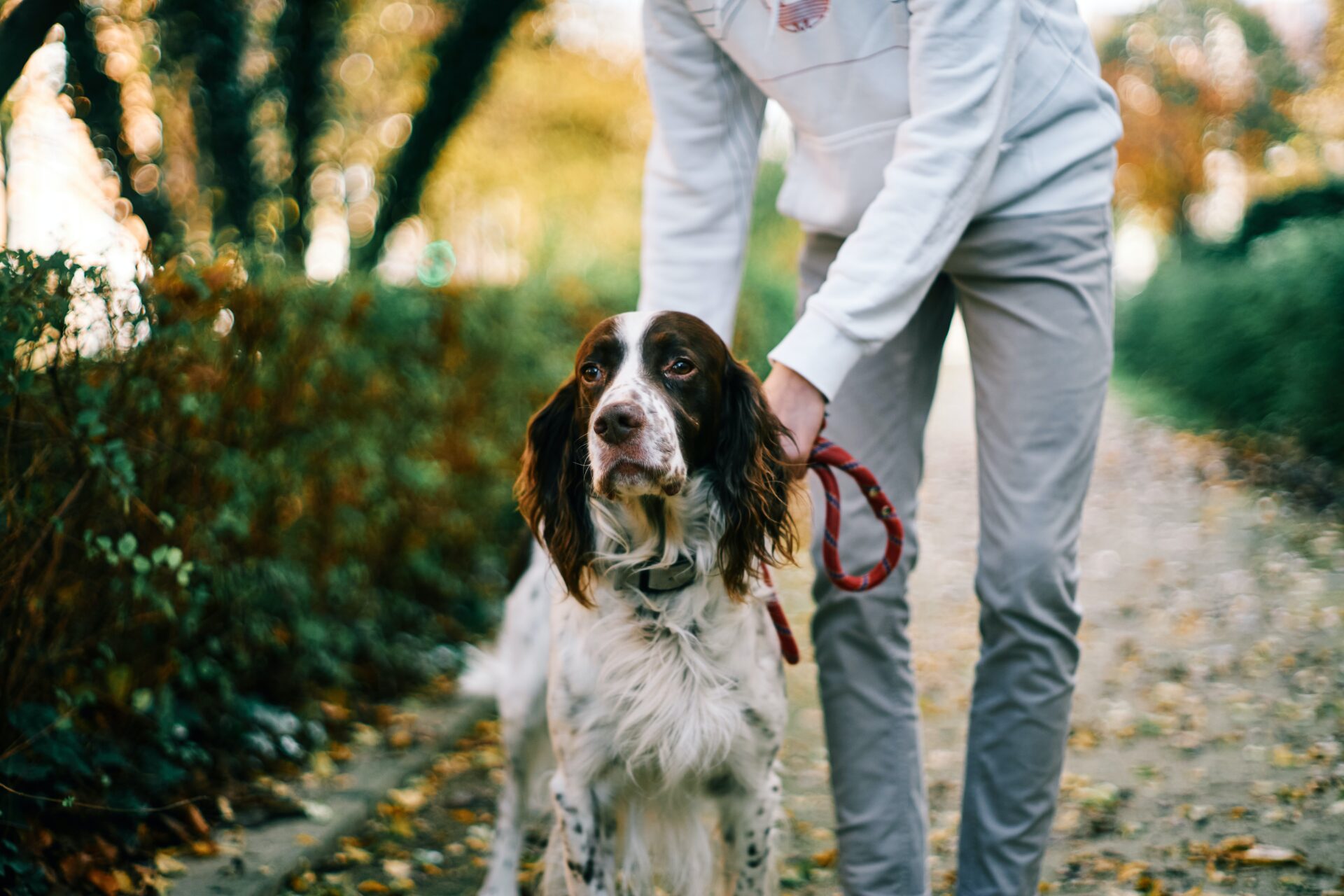Some Useful Links, Websites & More - Explore Now
ADA.gov is your gateway to information about the Americans with Disabilities Act (ADA). The ADA gives civil rights protections to individuals with disabilities similar to those provided to individuals on the basis of race, color, sex, national origin, age, and religion. Learn more about the ADA and other disability rights laws.
APDT (Association of Pet Dog Trainer Website) Was founded in 1993 by Ian Dunbar, DVM, Ph.D., as a forum for trainers to associate with one another and discuss topics of mutual interest. We have since become a member-driven organization producing educational conferences in locations throughout the United States. Our annual conference has grown from 250 participants a few years ago to 1500 participants. Find trainers in your area.
[email protected] Answer specific questions, Copies of sections and codes for laws Federal and CA State regarding Assistance/Service Dogs.
Disability.gov Disability.gov is an award-winning federal Web site that contains disability-related resources on programs, services, laws, and regulations to help people with disabilities lead full, independent lives. With just a few clicks, visitors can find critical information on a variety of topics, including benefits, civil rights, community life, education, emergency preparedness, employment, housing, health, technology, and transportation, for help on how to find resources on the site, visit the How to Use this Site section of Disability.gov.
IAADP International Association of Assistance Dog Partners has over 2000 members, cross-disability consumers who use assistance dogs. Work with the Dept. of Justice, Dept. of Transportation, and Homeland Security/FEMA on policies that best serve people with Disabilities that use Assistance Dogs.
Good Leather Equipment STIBBAR: Cathy Soldan stibbar.com
This is where I buy my leather goods. Leashes, Harnesses, Collars and more.
PSDP; Psychiatric Service Dog Partners;
Dogs Saves Lives. We don’t provide service dogs or scams. We inform all comers through sensible guidance and free resources from our all-volunteer community of peers.
Petfinders.com is Sponsored by Animal Plant. Web site for rescue animals (dogs) of all breeds and mixes. A place to look for dogs that might have the raw material to be trained as Assistance Dog.
Sue Sternberg Information on selecting and basic training for "pet dogs" also valuable information for basic's in the selection of medic alert/response, Psychiatric service dogs. See More Information
US Council of Dog Guide Schools Ten guide dog schools in the USA formed this organization to work on projects of mutual interest and concern, such as safety and access issues. They meet at conferences once a year to review new materials and training methods. These schools promote high standards for the training and placement of guide dogs with blind or visually impaired clients. Contact Information John Gray, President, c/o Pilot Dogs, 625 West Town Street, Columbus, Ohio 43215, +1 (614) 221-6367 VOICE, +1 (614) 221-1577 FAX.
Iraq and Afghanistan Veterans of America (IAVA)
IAVA's mission is to improve the lives of Iraq and Afghanistan veterans and their families. The wars in Iraq and Afghanistan are in their eighth and ninth years, respectively. Over two million American troops have served in Iraq or Afghanistan, and thousands have been deployed multiple times. IAVA addresses critical issues facing new veterans and their families, including mental health injuries, a stretched VA system, inadequate health care for female veterans, and GI Bill educational benefits. IAVA also provides valuable resources and empowers veterans to connect with one another, fostering a strong and lasting community.
Airlines
ACAA Air Carriers Access Act Carriers must permit dog guides or other service dogs with appropriate identification to accompany an individual with a disability on a flight. Identification may include the presence of a harness or not of markings on a harness, tags, or the credible verbal assurance of the passenger using the dog to fly with a dog in the plane cabin. The Department of Transportation's aviation consumer disability toll-free hotline is +1 (866) 266-1368 (voice) and +1 (866) 754-4368 (TTF).


ACAA CONSUMER INFORMATION
Carriers must permit a Service Dog to accompany a traveler with a disability to any seat in which the person sits unless the animal obstructs the main cabin aisle(s) or other areas that must remain clear in order to facilitate an emergency evacuation, in which case the passenger will be assigned another seat.
All carriers are now required to have a Complaints Resolution Official (CRO) immediately available (even if by phone) to resolve disagreements that may arise between the carrier and passengers with disabilities. U.S. Department of Transportation (page 33, +1 (866) 266-1368 (voice) and +1 (866) 754-4368 (TTY)
The ACAA applies to all airlines; it can also apply to trains, subways, trollies, and any mass transit. The ADA would also apply to all of these.
Accept Airlines; only the ACAA and FAA regulations apply to airlines.
TSA Transportation Security Administration
Travelers & Consumers: Persons with Disabilities or Medical Concerns
At the Passenger Security Checkpoint, people with disabilities, with or without Service Dogs, may go to the head of the line. Advise screeners that they have a disability and may need some assistance or need to move a bit slower than others.
Service Dog
It is recommended that persons using a dog for assistance carry appropriate identification. Identification may include: cards or documentation, presence of a harness or markings on the harness, tags, or other credible assurance of the passenger using the dog for their disability.
Advise the screener how you and your dog can go through the metal detector as a team (i.e., whether walking together or with the dog walking in front of or behind you while you continually maintain control of the dog with the leash and/or harness. Handler and Service Dog are never to be separated.
The dog's harness will likely set off the alarm on the metal detector. In such cases, the screener will perform a hand inspection of the dog and its belongings (collar, harness, leash, backpack, vest, etc.) The equipment will not be removed from your dog at any time.
Refer to Services page for more information


Hidden Disability
Persons with a hidden disability can, if they choose, advise screeners that they have a hidden disability and may need some assistance or need to move a bit slower than others.
http://129.33.119.130/public/display?theme=83&content=414
Service Dog for Hidden Disability Tasks including:
Brain Injury, Heart Conditions, Seizures, Developmental, Neurological, and Psychiatric
It is not enough to have a mental illness to qualify as a person with a disability under the ADA. According to the NIMH, 26.2% of adults in the US suffer from a mental illness in any given year, but only 6% are severely mentally ill. According to NIMH figures, some three-quarters of those with a diagnosed mental illness are not disabled by that illness and would not qualify to use a Service Dog even if they would benefit from one.
A Service Dog for mental illness is like any other service dog. They are individually trained in obedience, performing tasks, and working in distracting environments to mitigate their partner's psychiatric disability. Their function is not to provide emotional support but to perform tasks that enable their partner to function in ordinary ways the non-disabled take for granted.
What Task Could A Service Dog Do?
To determine what a service dog might do to help you, make a list of those things you cannot do for yourself because of your disability. Consider what someone might do to help you overcome these barriers to basic functioning. Is it possible a dog might be trained to do any of these things for you?


Bonus Benefits for Service Dogs
In addition to tasks, service dogs can be trained to perform emotionally comforting behaviors, such as licking or snuggling with their disabled handler on command. Some feelings of isolation or of being unloved can be relieved by unconditional positive interaction with another living being. Handlers also report that the tactile stimulation of petting their dog or being nuzzled can help them to reorient during a dissociative episode or panic attack. While these bonus behaviors are not true tasks, in the sense that they alone would justify the animal as a service dog, they can be very beneficial to the handler in times of stress.
Additional Benefits of Service Dogs
There are many psychological benefits to being partnered with a service dog separate from the tasks they perform. A dog depending on them for care can force a person to get up out of bed to take the dog out to walk and to give the dog food and water. The simple act of getting up and moving around, especially getting fresh air, can help relieve some of the symptoms of depression. The routine of caring for the dog can help the person get on a routine for feeding and caring for himself or herself at the same time, i.e., when the dog eats, the person also eats a meal. Some people with suicidal ideation have reported they would not be able to act on their thoughts of suicide for fear of leaving a beloved companion (the dog) without care.
Studies have shown that interactions with animals cause biochemical changes in both the person and the animal, resulting in feelings of calmness and lowered blood pressure.
These same benefits are also experienced by persons partnered with a service dog have these benefits of emotional support (non-task-trained dogs who share a home with a disabled person but do not work in public accommodations).
Service dog partners report greater self-esteem due to the independence they experience with a service dog. They also report a greater sense of safety in knowing they are not alone.
Created by Carol F. King (Service and Therapy Dog Consultant)
